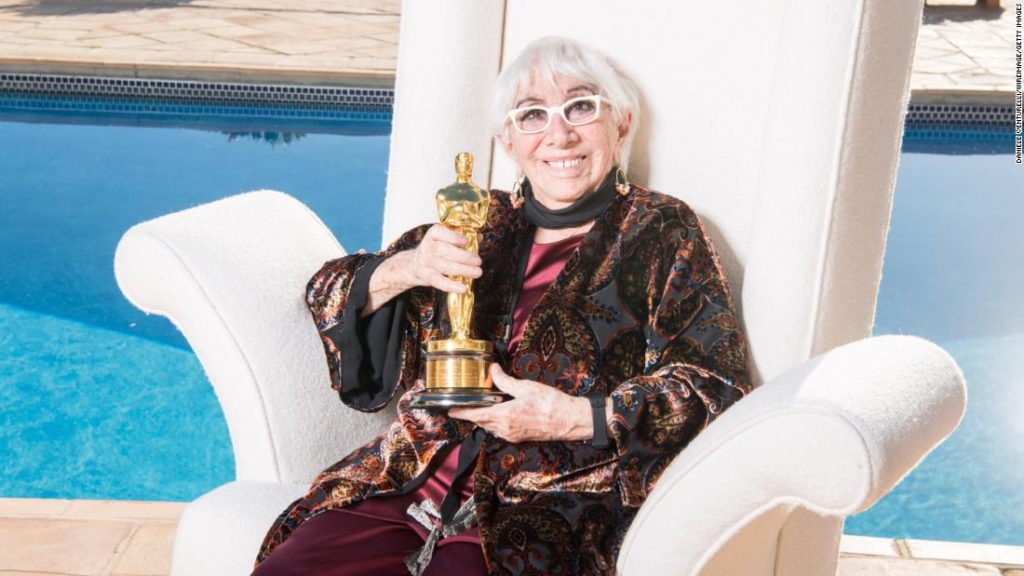“I think I have two souls,” Wertmüller told Criterion in 2017 ahead of a retrospective of her films. “One is playful, ironic, with a sense of humor.
Wertmüller began her career in drama believing she was going to be an actress, studying at the Pietro Sharoff Theatre Academy.
In the film, a disenfranchised worker falls in love with communism and a woman who isn’t his wife, loses his politics along the way, commits adultery more than once and ends up single, the father of a few children.
In 1974’s “Swept Away,” she pitted a wealthy woman on vacation against the shiphand who despises her politics, then reverses their power dynamic when the pair becomes castaways.
In “Seven Beauties,” her international breakthrough set during World War II, a knave murders, rapes and escapes his way through the war to apparently save his family’s honor only for his efforts to come to naught.
Her characters were often people who lost their politics or morals or were willing to abandon them with little thought.
Though Wertmüller identified as a socialist, the political bent of her films was sometimes unclear to critics, and her female characters were often portrayed in scenes of graphic sexual assault.
She returned home to Italy and to the filmmaking community she felt gave her more creative freedom, she told Variety in 2019.
